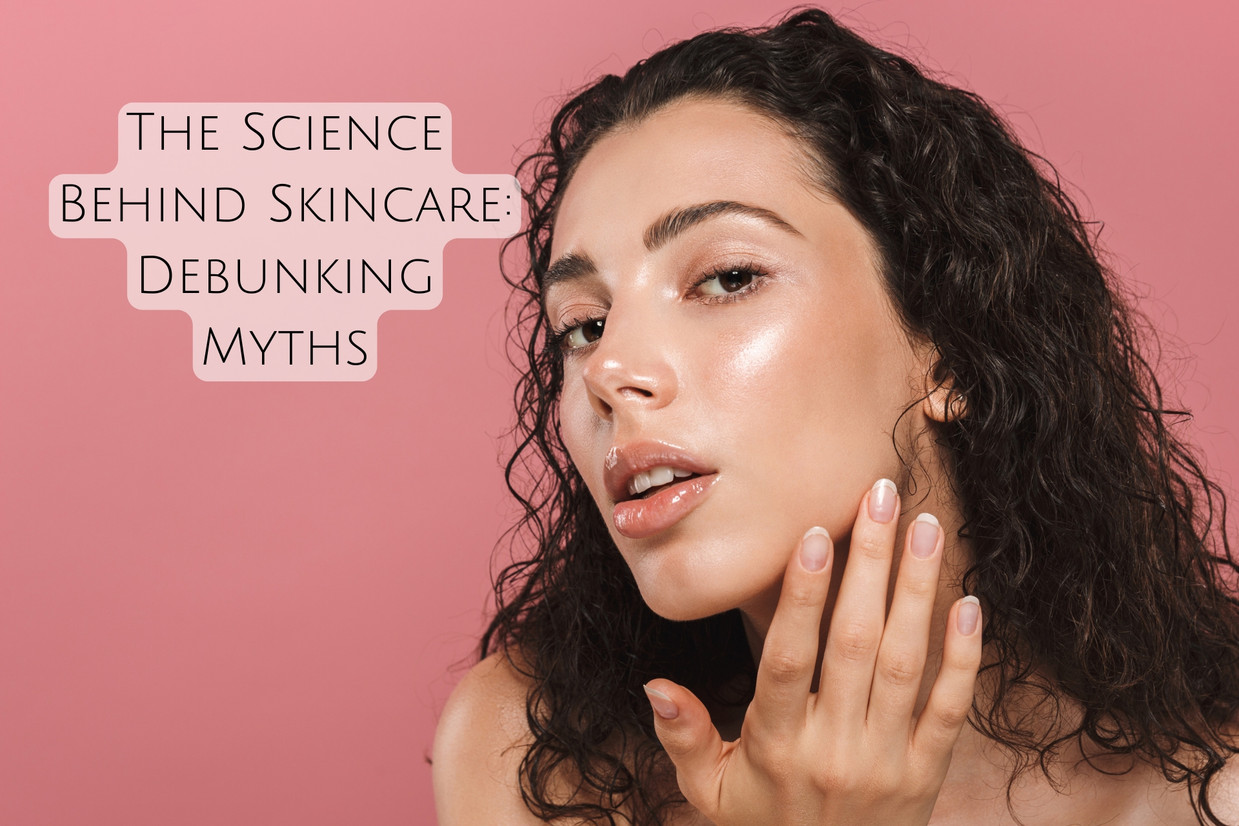The Science Behind Skincare: Debunking Myths
In the ever-evolving world of skincare, myths and misconceptions often abound, leading to confusion about the best practices for achieving healthy and radiant skin. Let's embark on a journey into the science behind skincare, debunking common myths to help you make informed decisions for your skincare routine.
Natural Means Safe and Effective:
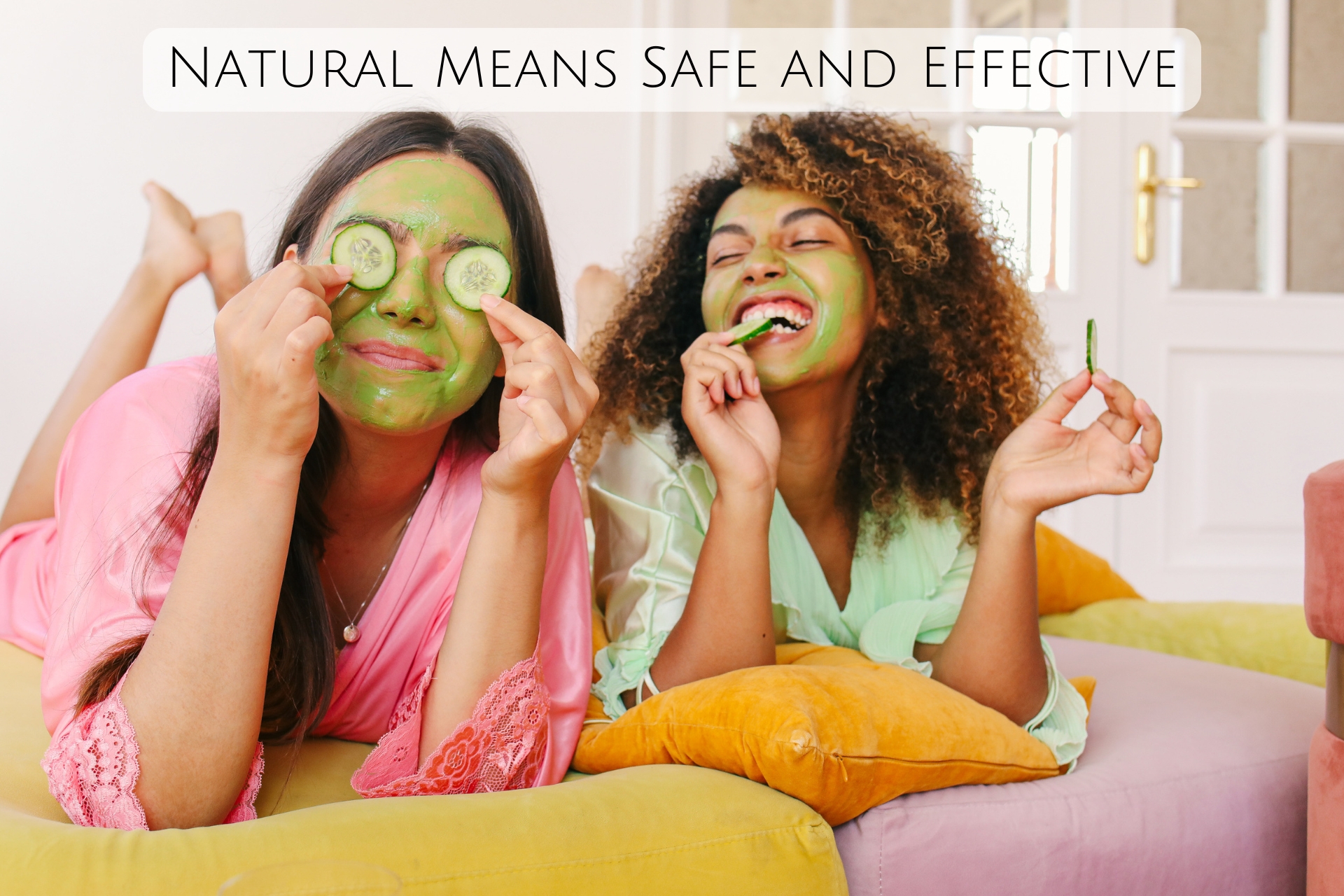
Debunking the Myth: While natural ingredients can offer benefits, not all natural substances are suitable for all skin types. The effectiveness and safety of a skincare ingredient depend on its formulation, concentration, and how it interacts with your skin. The notion that natural ingredients equate to safe and effective skincare has become deeply ingrained in popular beliefs. However, as we delve into the intricacies of skincare science, it becomes evident that the relationship between natural elements and skincare outcomes is more nuanced than commonly perceived.
The More Products, the Better the Results:
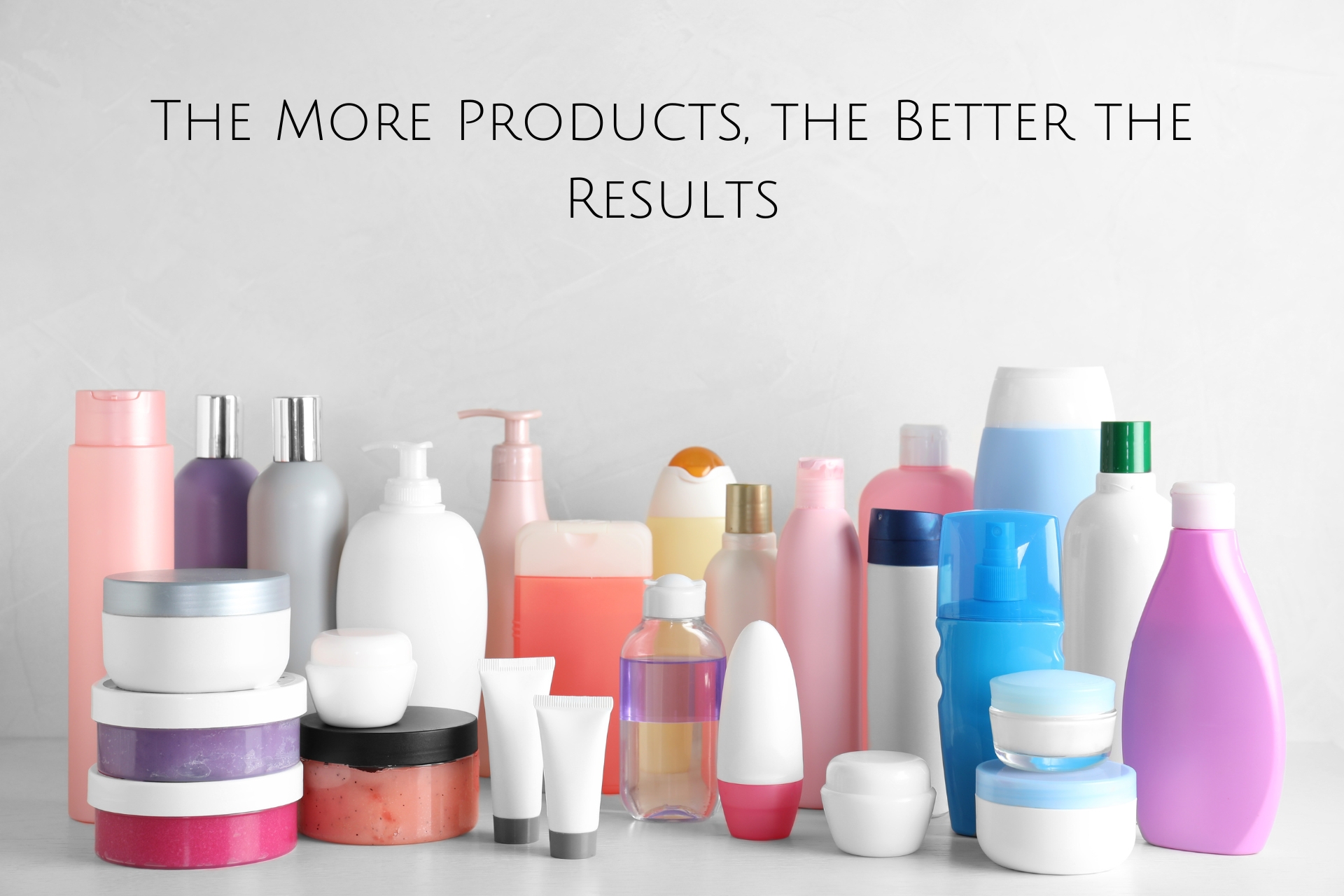
Debunking the Myth: Quality often outweighs quantity in skincare. Overloading your skin with numerous products can lead to irritation and counteract their benefits. A simplified routine with the right products for your skin's needs is key.
Myth: The More Products, the Better the Results in Skincare
In the expansive realm of skincare, a prevalent myth suggests that bombarding your skin with numerous products will lead to superior results. However, when it comes to skincare, the philosophy of "more is better" doesn't always hold true.
Oily Skin Doesn't Need Moisturizing:
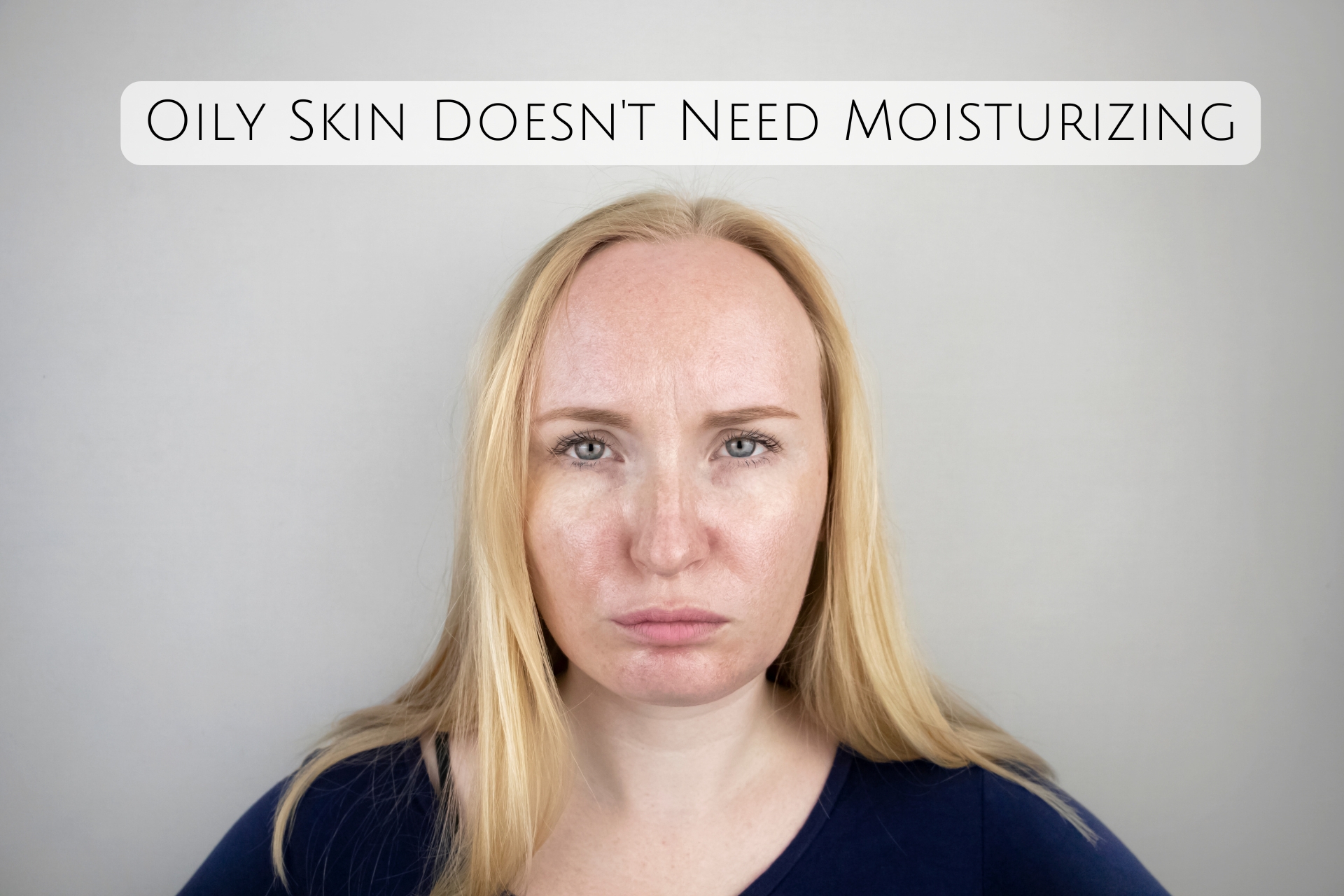
Debunking the Myth: Even oily skin requires hydration. Skipping moisturizer can prompt the skin to produce more oil to compensate for the lack of moisture. Opt for a lightweight, non-comedogenic moisturizer to maintain a healthy balance. Contrary to popular belief, oily skin requires moisturizing just as much as other skin types. However, the science behind skincare tells a different story.
Sunscreen Is Only for Sunny Days:
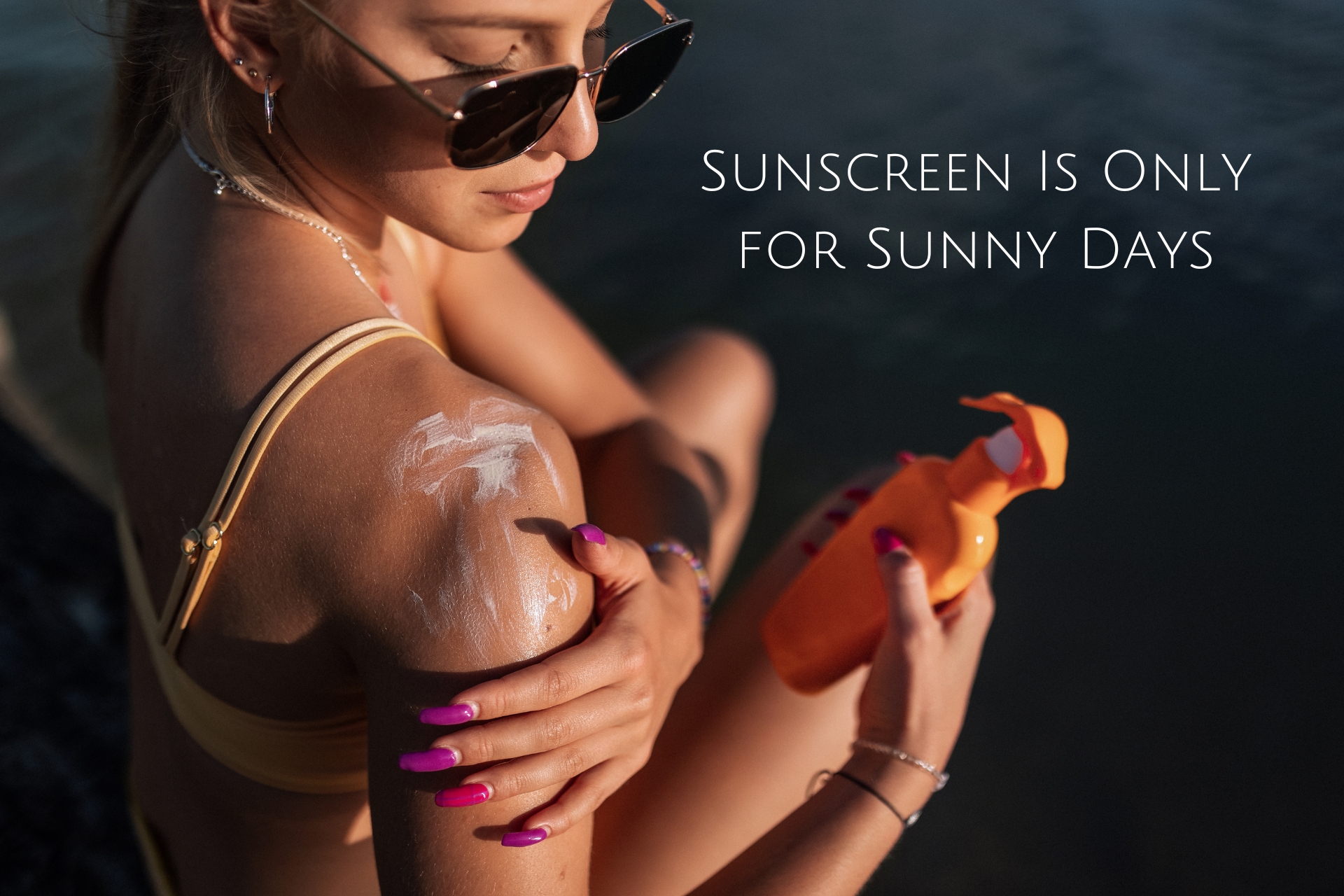
Debunking the Myth: UV rays are present year-round, even on cloudy days. Consistent sunscreen application is crucial to protect your skin from premature aging, sunspots, and the risk of skin cancer.
Pores Open and Close:
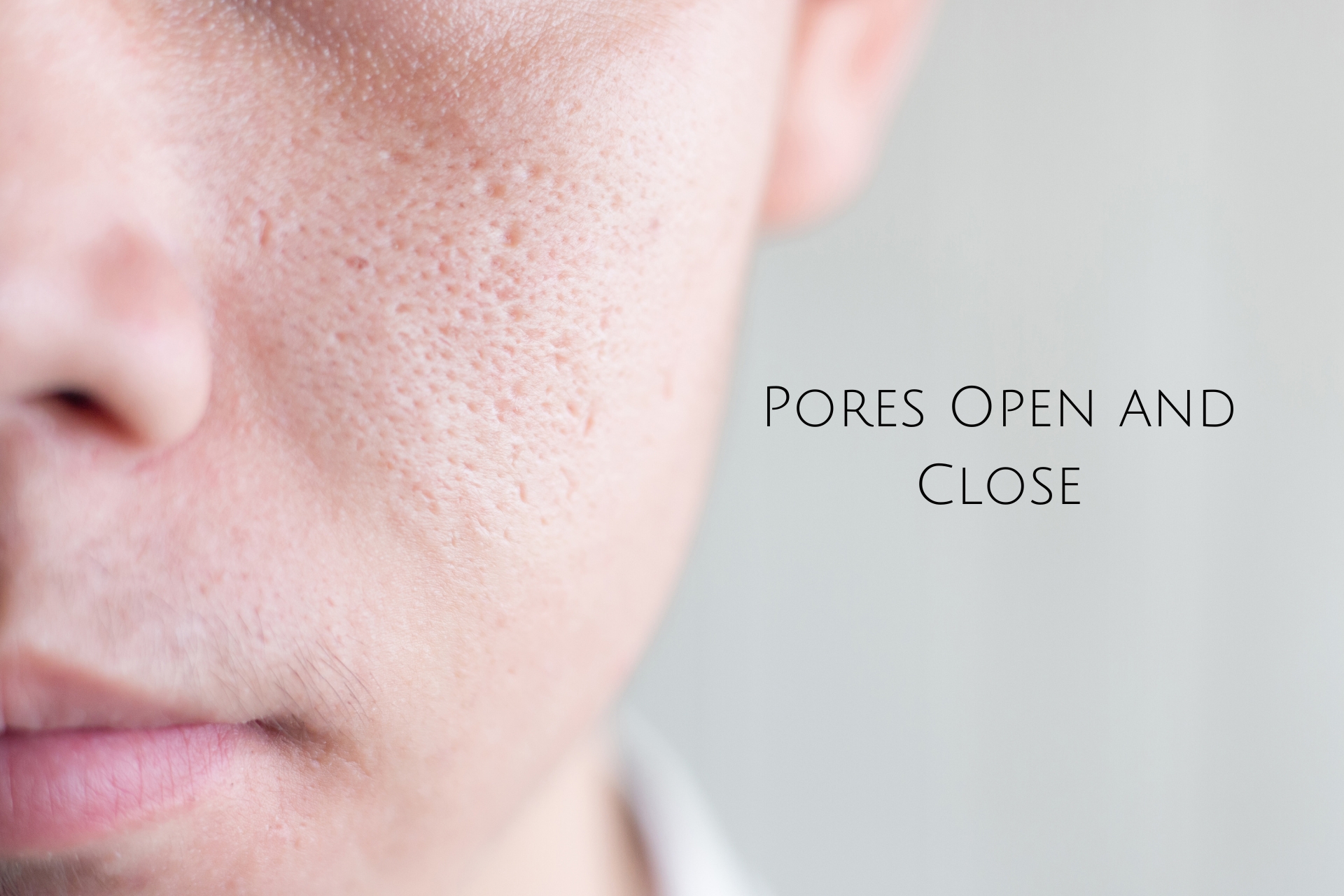
Debunking the Myth: Pores don't have muscles, so they can't open or close. Steam and warm water may temporarily soften debris, making it easier to cleanse, but they won't change the actual size of your pores. While you can't change your pore size, you can promote healthy-looking skin. Consistent cleansing, exfoliation, and using non-comedogenic products can help manage oil production and reduce the appearance of enlarged pores.
Exfoliating Every Day Is Beneficial:
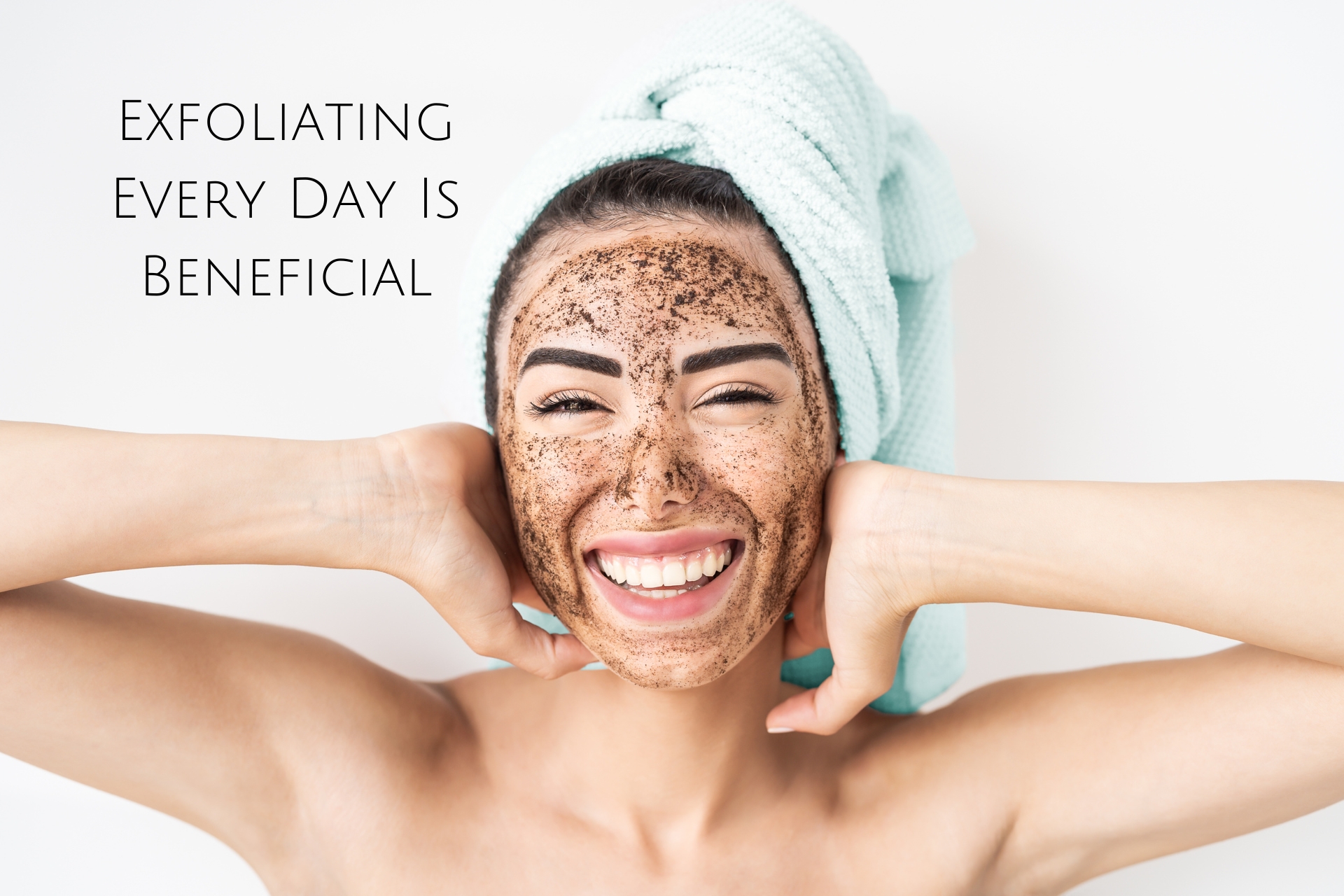
Debunking the Myth: Over-exfoliating can strip the skin's protective barrier and lead to irritation. Follow a proper exfoliation schedule based on your skin type and the type of exfoliant you're using. The key to effective exfoliation lies in balance and moderation. Rather than subscribing to the myth of daily exfoliation, embrace a mindful approach that considers your skin's unique needs. By understanding the science behind exfoliation and prioritizing skin health over frequency, you can foster a radiant complexion without compromising the integrity of your skin barrier. Remember, when it comes to exfoliation, less can often be more for maintaining a healthy and glowing complexion.
Acne-Prone Skin Doesn't Need Moisturizer:
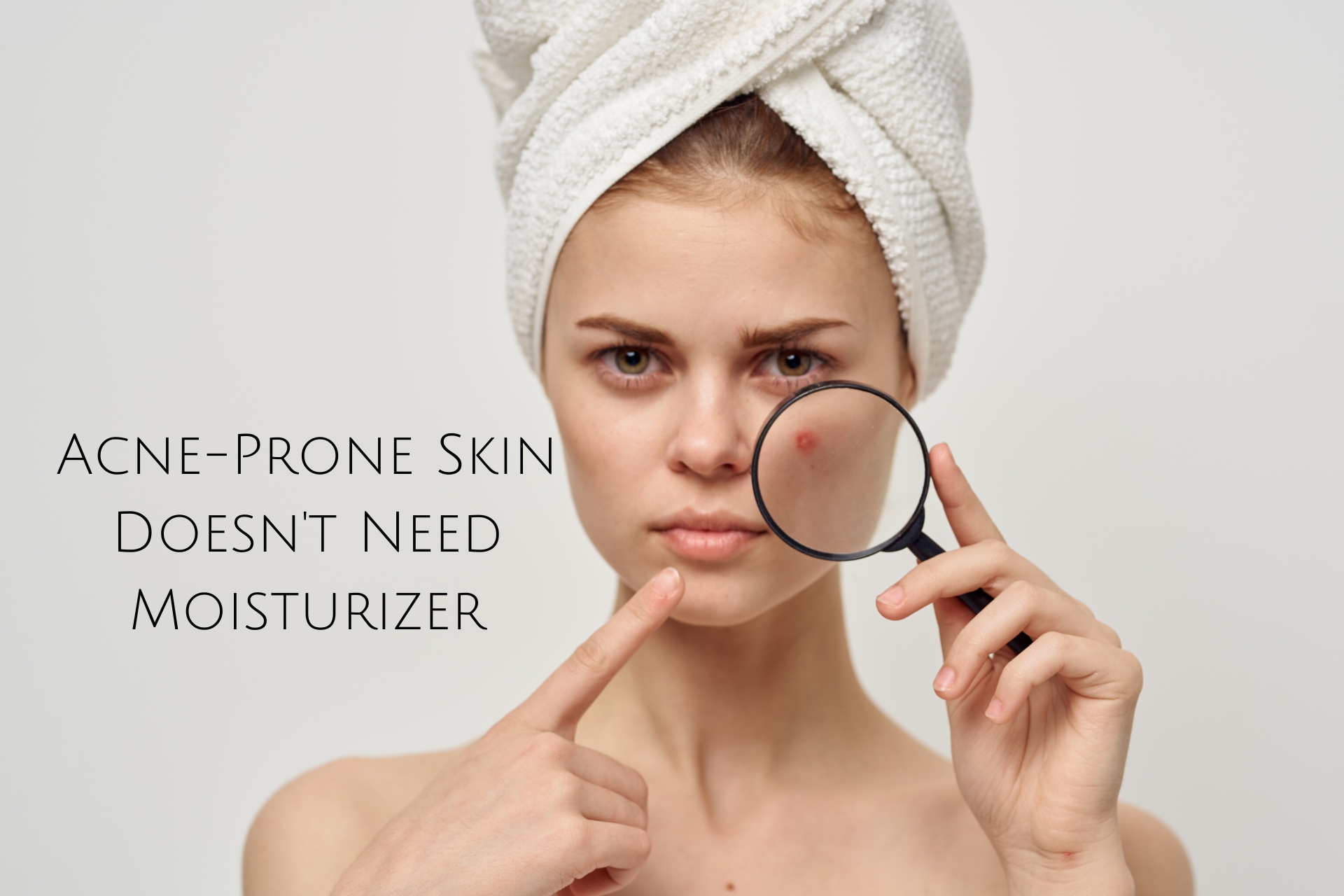
Debunking the Myth: Moisturizing is essential for all skin types, including acne-prone skin. Choose non-comedogenic, oil-free moisturizers to hydrate without clogging pores. Moisturizing is not the enemy of acne-prone skin; in fact, it's a crucial step in achieving a balanced and healthy complexion. By debunking the myth that acne-prone skin doesn't need moisturizer, individuals can embrace the right products that nourish, hydrate, and support skin health without fear of worsening breakouts. The key lies in choosing the appropriate moisturizer tailored to the unique needs of acne-prone skin, ensuring a harmonious balance between hydration and blemish control.
Natural Oils Are Always Good for the Skin:
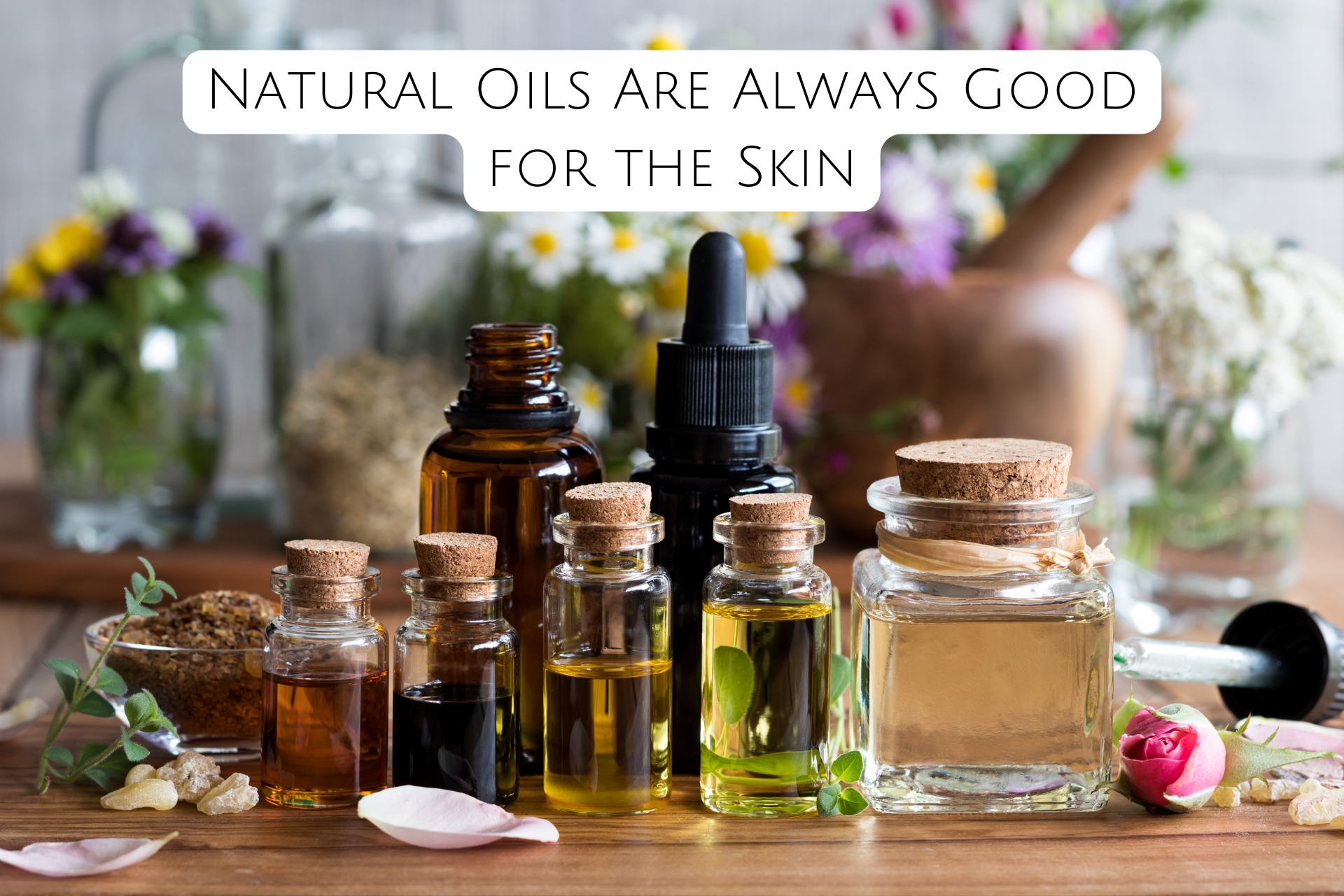
Debunking the Myth: While certain natural oils can benefit the skin, not all are suitable for everyone. It's crucial to understand your skin's needs and choose oils accordingly. The beauty industry often champions the virtues of natural oils for skincare, portraying them as universally beneficial. However, like any skincare trend, it's essential to separate fact from fiction. Let's delve into the myth that natural oils are always good for the skin and explore the nuanced reality behind this widely held belief.
Expensive Products Are Always Better:
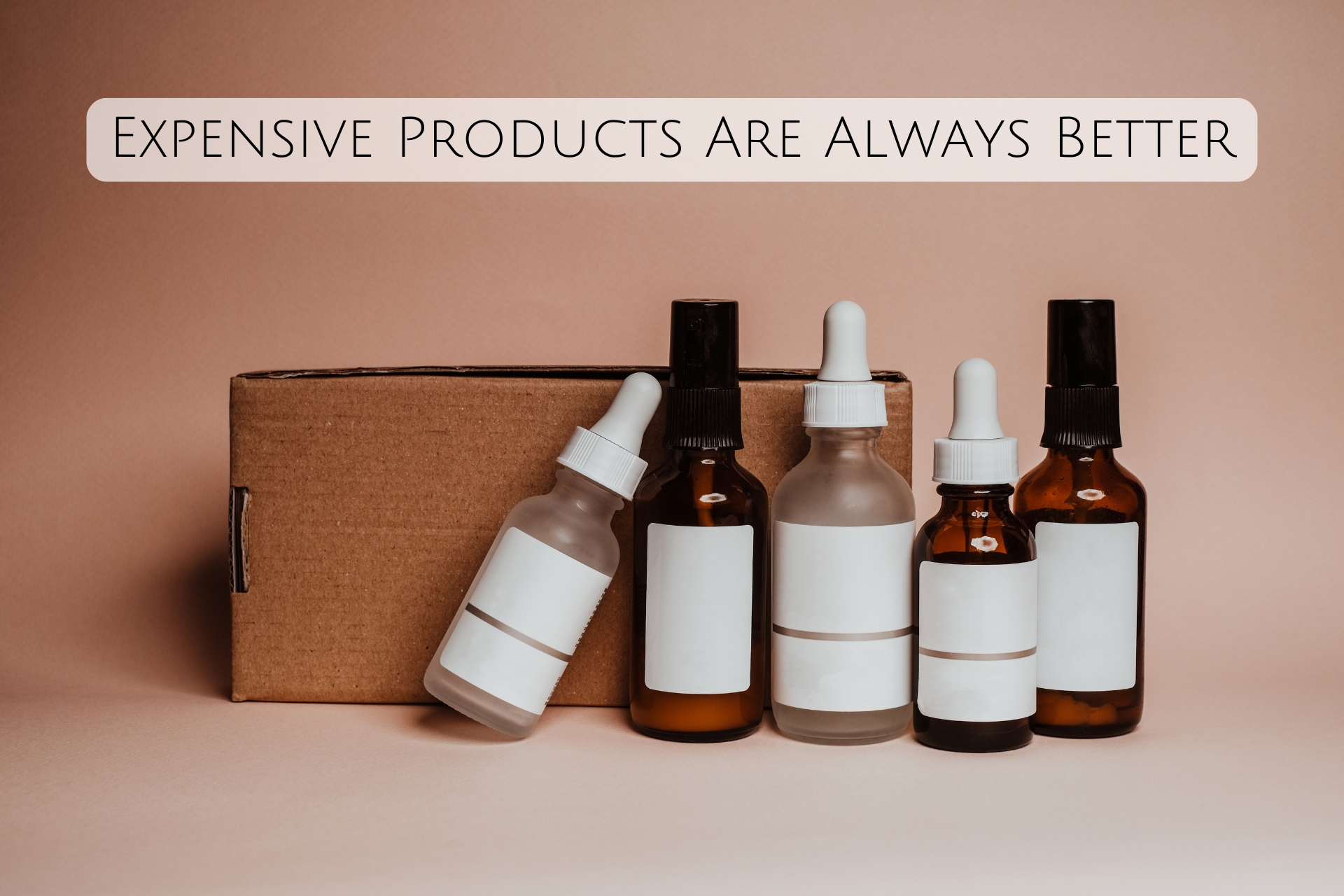
Debunking the Myth: Price doesn't always correlate with effectiveness. Many affordable skincare products contain high-quality ingredients. It's essential to look for products with ingredients backed by scientific research. Debunking the myth that expensive products are always better is about recognizing that skincare success lies in ingredient efficacy and formulation rather than price. By understanding your skin's needs, staying informed about ingredients, and exploring a range of products, you can build a skincare routine that delivers optimal results without unnecessary strain on your budget. Skincare is a journey of self-care, and finding the right products for your unique skin is a personal and empowering experience.
Skincare Is Only About Appearance:
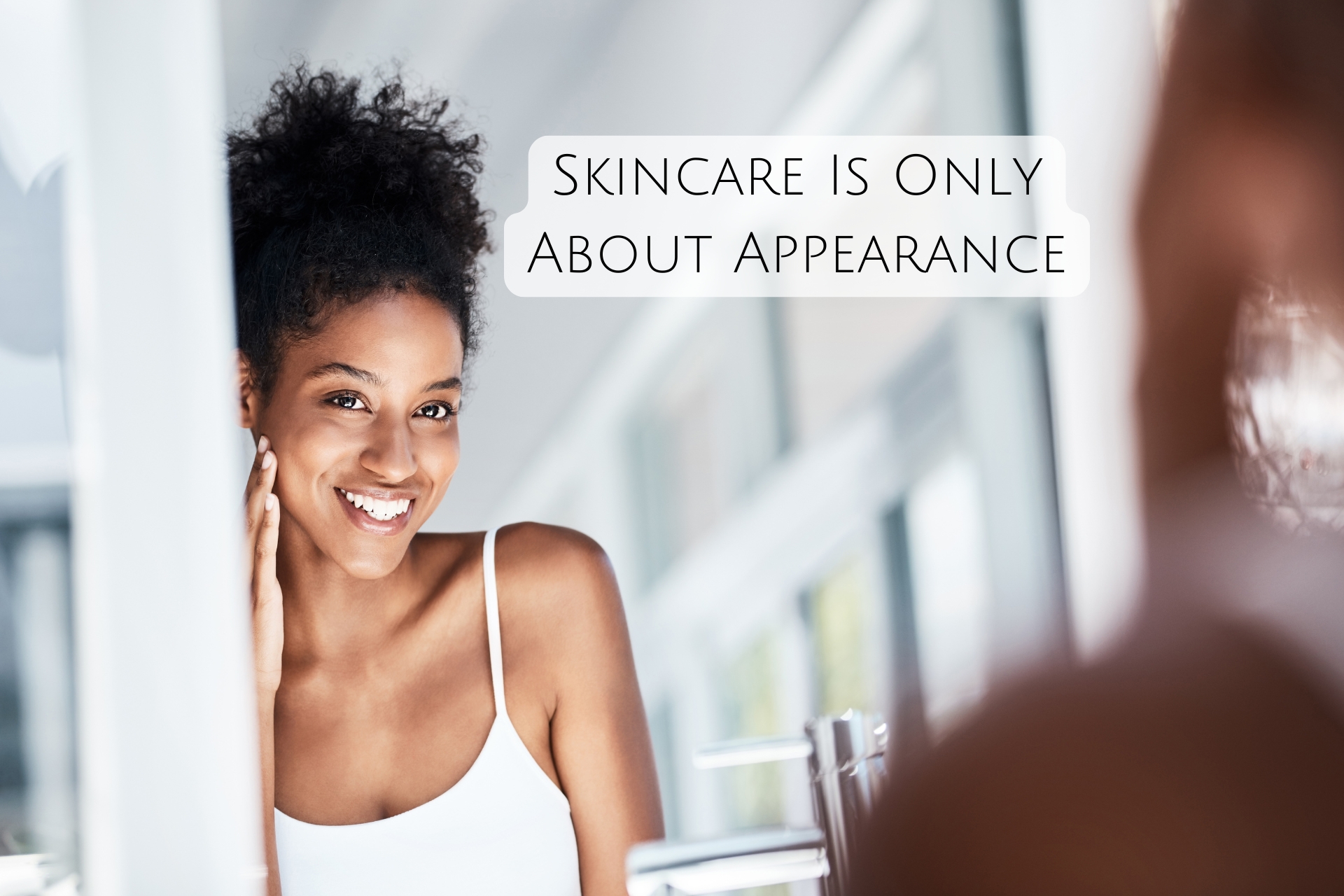
Debunking the Myth: Skincare goes beyond aesthetics; it's about maintaining the health and functionality of your skin. A well-cared-for skin barrier is better equipped to protect against environmental stressors and maintain overall well-being. Skincare goes beyond the surface, intertwining with the overall health and functionality of your skin. By debunking the myth that skincare is solely about appearance, you embrace a holistic approach that nurtures your skin's well-being and radiance from within. Elevate your skincare routine as a form of self-care, acknowledging its profound impact on both your skin's health and your confidence.
Conclusion:
Understanding the science behind skincare is crucial for making informed choices that cater to your skin's unique needs. By debunking common myths, you empower yourself to build a skincare routine rooted in both science and self-care. Embrace the knowledge, debunk the misconceptions, and let the science guide you toward a healthier, more radiant complexion.
Recent Posts
-
The Functional Food Revolution: How Nutraceutical Snacks Are Changing the Future of Health
Introduction: The global snacking landscape is undergoing a profound transformation. Gone are the da
-
The New Generation of Indian Skincare: Bridging Ayurveda and Dermatological Science
Introduction: For millennia, Indian royalty relied on Kumkumadi Taila—the legendary saffron-infused
-
Red Nails vs Pink Nails: Which Looks More Romantic for Valentine’s Day?
Introduction: Valentine's Day approaches, and with it comes the timeless question: red nails or pink

